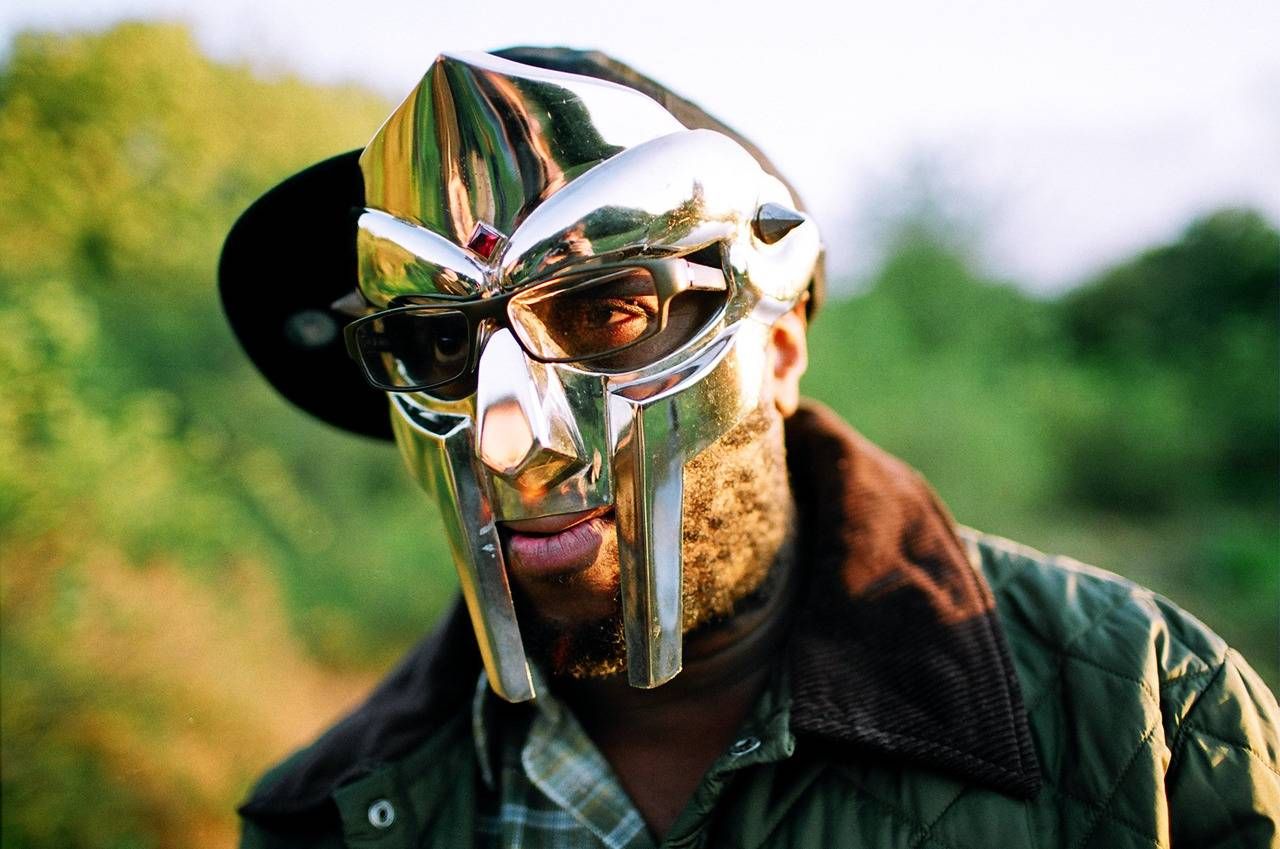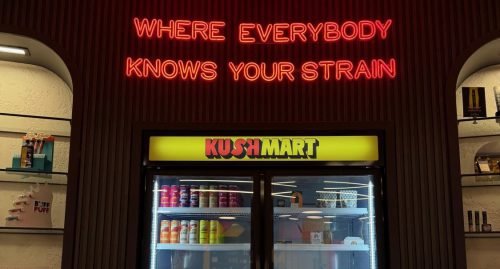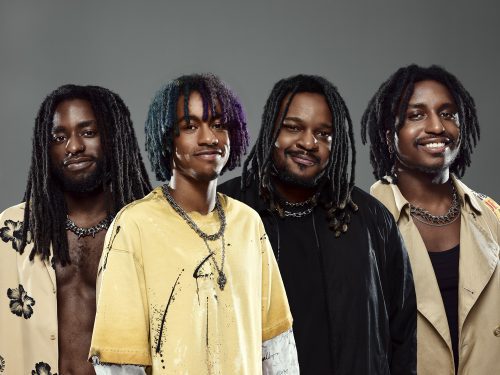On December 31st the family of Daniel Dumile, the masked rapper and producer better known as MF DOOM, announced his death in a statement posted on his Instagram account. Dumille died October 31st at the age of 49, no cause was given.
DOOM amassed a loyal underground following and became known for his intricate wordplay and reclusive, masked persona based on the Marvel Comics supervillain Dr. Doom. His lyrical subject matter ranged from deeply imaginative created universes, to absurdist commentaries on food and sex, to cartoon spoofs with impossibly difficult rhyme schemes. He often favored his own production rooted in jazz and soul samples, and several of his recordings are classics of the genre. His collaborative efforts with Madlib, Brian ‘Danger Mouse’ Burton, Mos Def (now known as Yasiin Bey) and others are seen as boundary-pushing and central to the embrace of esoteric experimentation in hip-hop.
Operation: Doomsday – MF DOOM is born
After a run as a member of 90’s rap group KMD, on April 20th 1999, MF DOOM’s debut album was released. Operation: Doomsday features many of DOOM’s own beats, and heavily samples and borrows subject matter from the Hanna-Barbara cartoon series Fantastic Four.
Apple Music | SoundCloud
Doomsday stands as one of the most beloved releases of the era. It also set the blueprint for DOOM’s genre-bending style. Firstly, his rhymes were far more technical than other rappers of the period, even Eminem. Secondly, his vocabulary is as broad as any published author. Fans connected with tracks “Rhymes Like Dimes” and “Gas Drawls,” as well as the carefully-mined samples. Jay Z and other mainstream rappers ruled the charts that year. Meanwhile, DOOM and a select group of contemporaries had begun redefining what was possible in a rap song.
Madvillainy: Underground Rap Classic
Apple Music | SoundCloud
DOOM’s 2004 collaboration with Madlib achieved instant-classic status. Consequently, Madvillainy is beloved by rap purists and backpackers alike. Madlib’s freewheeling production pulled from obscure sources serves as perfect compliment to DOOM’s complicated, rapid-fire meditations. The album spawned multiple underground hits including “All Caps” and “Meat Grinder” and was a breakthrough for DOOM artistically.
From 2004-2005 DOOM released multiple instrumental and collaborative albums as well as fifth solo effort, MM…FOOD. Accordingly, FOOD features ninety percent DOOM’s own jazzy, boom-bapped beats, and endless metaphors on eating. “Doom has no pretense here. He’s an equally great rapper and producer, and he wants people to respect him for his skills alone,” Nick Sylvester wrote for Pitchfork.
Apple Music | SoundCloud
MF DOOM’s Legacy
While DOOM’s solo musical output had slowed in recent years, he continued collaborating with newer generations of artists. Griselda, Your Old Droog, and many others shared tracks with DOOM in recent years. His Czarface Meets Metal Face project with hip-hop supergroup Czarface was released in 2018 to critical acclaim. Finally, in December he released “The Chocolate Conquistadors,” a single alongside Canadian jazz/funk outfit BADBADNOTGOOD.
The music DOOM created in the decade-plus following Operation: Doomsday remains deeply ingrained in the fabric of hip-hop. It serves as a direct counterpoint to the late 90’s / early 2000’s ‘bling’ era in rap. Moreover, his work stands as a jumping-off point for experimentation among artists and producers in the genre. His multi-decade run has influenced modern acts from Thom Yorke to Playboy Carti. Additionally, his self-reinvention as a hip-hop supervillain connected with diverse groups of fans. “The Villain represents anybody. Anybody in here could wear the mask,” he said in 2011. “Male, female, any race. It’s about where you’re coming from in your heart. What’s the message and what you got to say.”
RAPPER WEED: WHICH RAPPERS HAVE CANNABIS PRODUCTS IN THE MARKET?
10 UNDERRATED FEMALE RAPPERS YOU SHOULD LISTEN TO RIGHT NOW
9 RAPPERS FROM DETROIT YOU NEED TO KNOW THIS YEAR








